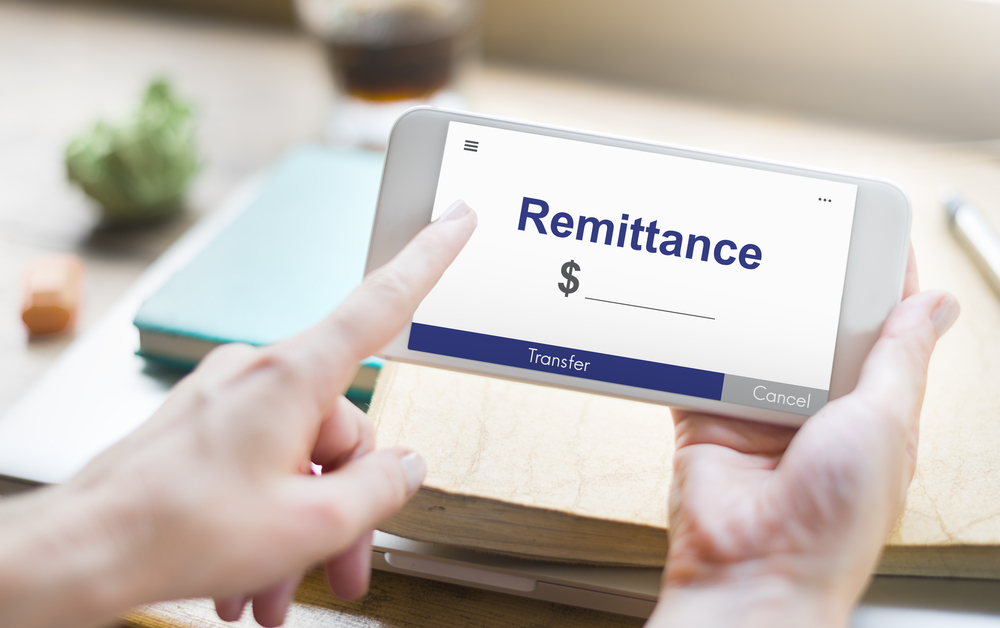Remittance programs in Ethiopia will see a new contender emerge in the coming months. HomeSend, a collaboration between eServ Global, BICs, Mastercard, and the Commercial Bank of Ethiopia, will aim to battle the usage of cash in the country. With a US$3.5bn market active in the country, this new player is looking to establish a firm foothold in the market.
Another Battle Against Cash Takes Place In Ethiopia
To put this new venture into perspective, it is true handling significant amounts of cash can be problematic in virtually every country in the world. With the Ethiopian remittance market worth US$3.5bn every year, withdrawing in cash is no longer a viable option. Or to be more precise, it is not the most secure option, and that situation needs to be addressed sooner rather than later.
Cash is time-consuming and a resource difficult to manage. Ethiopia, similarly to other African countries, suffers from inflationary issues where its national currency is concerned. Consumers walking around with packs of banknotes is not the most secure solution by any means. The new HomeSend venture wants to address this problem by offering a digital withdrawal alternative.
Mastercard Sub-Saharan Africa’s Division President Daniel Monehin stated:
“One of the things that drives what we do is this shadow economy; it’s one of the banes of development. The formal economy is almost outranked by this gray economy that does not pay taxes, does not listen to government, and its lifeblood is cash.”
HomeSend aims to let over 100 million Ethiopians send money home to a mobile number, rather than go through brick-and-mortar locations. As a result, all of the funds is transferred in a digital format, and effectively cuts off the lifeblood to the shadow economy. Converting this money to cash will still be possible, although specifics are a bit vague for the time being.
This initiative will also enable financial inclusion and growth for the entire Ethiopian nation, as mobile phone adoption has boomed over the past few years. Keeping in mind how just over one in five residents has a bank account, and four in five people have a mobile phone, it is not hard to see which is the better option moving forward.
HomeSend is not a few service in Africa by any means, though. The service launched in Kenya not too long ago, and quickly became the number two player in local remittances. HomeSend is being outcompeted by M-Pesa, and BitPesa continues to make a name for itself as well. Electronic payments seemingly have a bright future in Ethiopia, which is positive news for Bitcoin.
Header image courtesy of Shutterstock
